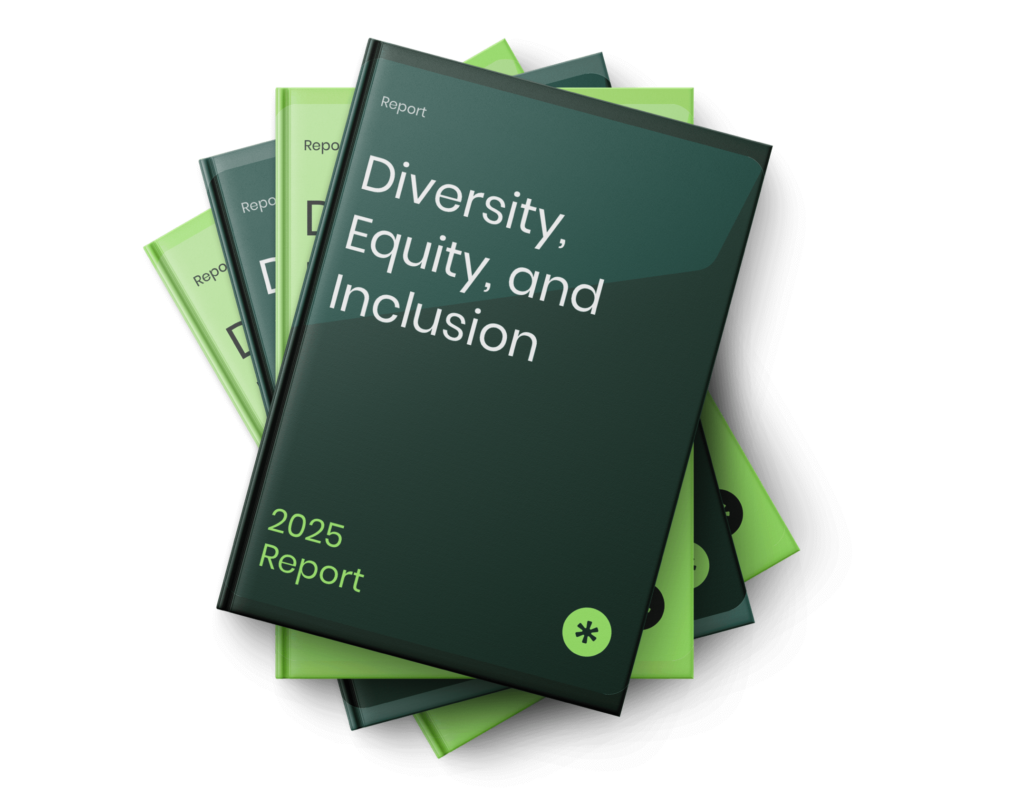Starting a business as a woman entrepreneur is an exciting journey, often driven by creativity and a desire to make a meaningful impact. Yet, many overlook the importance of establishing a proper legal framework from the very beginning. Without the right structure, a business can face financial risks, co-founder disputes, and missed opportunities for investment or partnerships. This blog explores why having a solid legal foundation matters and how it positions you for sustained growth.
Why a Proper Legal Framework Is Crucial
A strong legal structure provides credibility and protection. From day one, potential investors and clients will assess whether your business is formally registered. If it isn’t, you risk:
- Financial Liability: Mixing personal and business assets without any legal boundary can put your personal savings, property, or other assets at risk in the event of lawsuits or debts.
- Co-Founder Disputes: Without formal agreements, disagreements about roles, equity, or responsibilities can derail the business.
- Investor Hesitation: Investors tend to avoid unstructured companies because they lack clear shareholding and governance protocols.
When these issues aren’t addressed early, entrepreneurs often find themselves scrambling for legal solutions after problems arise.

Understanding Your Options: Common Business Structures
Choosing a business structure influences how you pay taxes, handle liability, and even how you can raise capital. Each option has its merits and limitations:
Sole Proprietorship
- Easiest to set up, with minimal paperwork.
- No separation between personal and business assets, leaving you personally liable for all debts.
- Suited for very small or solo operations but risky for those looking to grow.
Partnership Firm
- It is simple to form and allows shared ownership.
- Offers no strong legal safeguards; partner conflicts can cause serious financial disputes.
- Recommended only if roles and responsibilities are documented to prevent misunderstandings.
Limited Liability Partnership (LLP)
- Partners enjoy limited liability, so personal assets are more secure than in a partnership firm.
- While attractive for small teams, raising external investments can be complicated compared to a company with shareholding.
Private Limited Company (Pvt Ltd)
- Separates personal and business assets, reducing individual liability.
- Easiest structure for attracting investors due to clear equity distribution and governance.
- Ideal for entrepreneurs envisioning long-term growth, market expansion, and strategic partnerships.
Real-World Issues Women Entrepreneurs Commonly Face
- Co-Founders Exiting Abruptly: A friend or family member who started the business with you may lose interest, leaving you without key skills and no formal plan for buyouts.
- Client Non-Payment or Refund Demands: Without legally binding agreements, clients may refuse to pay or demand refunds even after services are delivered.
- Investor Rejection: Informal setups lack credibility. Investors worry about ownership clarity and legal disputes.
- Scaling Roadblocks: Expanding into new regions or hiring more employees becomes complex if your structure and legal documents are weak or nonexistent.
Essential Legal Documents to Secure Early On
Having the right documentation doesn’t just protect you in disputes; it also showcases professionalism:
- Client Agreements: State deliverables, payment terms, and refund policies.
- Service Contracts: Outline responsibilities and timelines when collaborating with suppliers, freelancers, or partners.
- Non-Disclosure Agreements (NDAs): Keep your proprietary methods, trade secrets, and sensitive business information confidential.
- Founders’ or Shareholders’ Agreements: Define equity splits, decision-making processes, and exit strategies for co-founders or shareholders.
Setting Up for Growth and Sustainability
Establishing a legal structure and relevant documents from the outset streamlines the road to scaling. Investors often conduct thorough due diligence, checking registration status and operational clarity. Potential clients, especially in corporate settings, appreciate the professionalism that comes from a properly structured business. By getting these aspects right at the start, you save time and resources later, allowing you to focus on innovation and building a robust, impactful venture.
A properly structured business isn’t just about ticking legal boxes—it’s about creating an environment where growth is unhindered, disputes are minimized, and long-term potential is clear. Addressing these foundational elements early positions your venture to attract the right talent, secure funding, and ultimately make the impact you set out to create.
“I help founders, NRIs, and corporates turn complex financial laws into strategic clarity—where compliance becomes confidence, and litigation becomes leverage.”
Lekshmi N, CA Tweet
FAQs:
- What is the main benefit of registering as a Private Limited Company? It separates personal and business assets, limiting personal liability and making your venture more appealing to investors.
- Do I need legal documents if I trust my co-founder? Absolutely. A formal agreement clarifies roles, responsibilities, and equity splits, preventing misunderstandings that can damage relationships and the business.
- Are there specific legal requirements for online businesses compared to offline businesses? Although the core legal structure requirements remain similar, online businesses may need additional policies such as a privacy policy, terms of use, and data protection measures. Moreover, when forming a company, requirements regarding the place of the registered office must be considered to ensure proper compliance.
- Is an LLP a better option than a Partnership Firm? LLPs generally provide better liability protection, but some investors prefer Private Limited Companies for shareholding clarity.
- What if my client refuses to sign a contract? Politely stress its importance for clarity and mutual protection. If they still refuse, consider whether working without a contract is worth the potential legal risk.
- Do I need a lawyer to draft my legal documents? While you can find templates online, consulting a lawyer or a CA or CS who is well-versed in the legal aspects ensures that the documents meet your specific needs and comply with local regulations.
- What happens if I start earning revenue without registering any structure? You’re liable to pay taxes as an individual, and your assets could be at risk if disputes or debts arise. Additionally, investors may be hesitant to fund you.
- When should I consider trademark registration? If you’re building a unique brand name, logo, or slogan, trademark protection is recommended as soon as possible to prevent others from infringing on your brand identity.
Can a Private Limited Company be run by a single person?Yes. In India, a One-Person Company (OPC) is a private limited company incorporated by a single person. It enables one individual to enjoy the benefits of a sole proprietorship and corporate structure. Only a natural person who is an Indian citizen can form an OPC in India.


